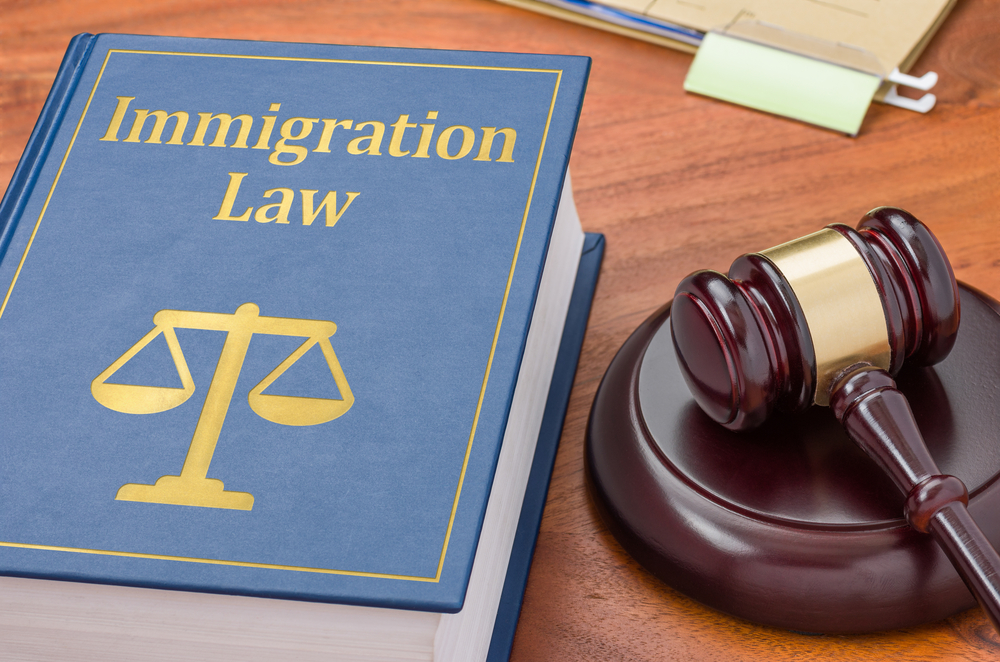Obtaining the right to work in Canada is often a vital first step in the immigration process for those looking to establish a new life in a new country. While the prospect of securing gainful employment abroad is exciting and affords ample opportunities for foreign nationals to remain in Canada, it is crucial to do so through proper legal channels.
Securing a work permit is a critical step in your journey to work in Canada legally and can help set the groundwork for obtaining Permanent Residency (PR) status. Based in Vancouver, BC, Vayeghan Litigation’s team of immigration lawyers is pleased to partner with newcomers and those looking for viable pathways to entry into Canada and provide valuable assistance when pursuing the right to work and live in Canada.
Below, we will discuss some of the most essential details to be aware of when applying for a work permit and the benefits of partnering with an immigration lawyer. Read on to learn more.
Understanding the Types of Work Permits
Before applying for a work permit, it is essential to be aware that there are different avenues to pursue depending on your specific circumstances. These avenues include:
Employer-Specific Work Permits
Employer-specific work permits are designed for those coming to Canada to start a job with a specific employer in a designated location. Foreign workers with this kind of permit cannot transition jobs or alter their roles without obtaining a new permit, and employer-specific permits typically require an applicant to obtain a positive Labor Market Impact Assessment (LMIA). LMIAs serve as documentation demonstrating that no Canadian worker is available to fill the position, thus justifying the hiring of a foreign employee. More on this below.
Open Work Permits
Open work permits provide foreign workers greater flexibility and allow successful applicants to work for almost any employer in Canada. Open work permits are often issued to spouses of skilled workers, spouses of international students, PR applicants who have applied through the inland spousal sponsorship process, young workers participating in programs offered through International Experience Canada, and refugees or protected persons.
LMIAs aren’t required for open work permits; however, it is crucial to be aware of restrictions under the program, including non-viable employers. Immigration lawyers can help you navigate the process of obtaining an open or employer-specific permit and ensure your prospective employer is in alignment with the parameters of your permit.
Labor Market Impact Assessments (LMIA)What is an LMIA?
LMIAs are an essential component of applying for a work permit as a foreign worker. They document that a foreign candidate is necessary to fill a specific position due to the unavailability of a suitable Canadian candidate. Most employer-specific permits will require a positive LMIA to be granted.
Applying for an LMIA is a thorough process, and employers are required to demonstrate that they have made genuine efforts to hire locally before pursuing foreign workers. To successfully obtain an LMIA, detailed evidence of recruitment efforts, offering a job that meets wage standards, and offering substantial proof that bringing in a foreign worker will not affect the domestic labour market are essential.
Legal guidance offered by a skilled team such as Vayeghan Litigations immigration lawyers is often a necessary component to creating a compelling case to hire foreign workers and prepare adequate documentation.
Temporary Foreign Worker Program (TFWP) and International Mobility Program (IMP)
Temporary Foreign Worker Program (TFWP)
The TFWP is intended to address temporary labour shortages covering low-wage positions like agricultural jobs and caregivers. Like employer-specific work permits, TWFP positions require a positive LMIA, and employers must meet stringent requirements including offering competitive wages and ensuring that any foreign workers do not displace Canadian workers.
International Mobility Program (IMP)
The IMP allows foreign nationals to work in Canada without an LMIA when their employment aligns with broader economic or cultural objectives. It covers permits issued under international trade agreements like the Canada-United States-Mexico Agreement (CUSMA) or the Comprehensive Economic Trade Agreement (CETA) or cultural exchange initiatives. IMP permits are often open status, granting greater flexibility to foreign workers to best meet the IMP’s intention.
Application Process and Documentation
Applying for a work permit involves assembling a comprehensive package of documents, including a valid job offer (note: a conditional job offer doesnotautomatically qualify you for a work permit), a positive LMIA if required, proof of qualifications, and identity verification. It is crucial to ensure that all documents presented are accurate and complete, and any errors or omissions may result in delays or an outright refusal of your application.
The application process typically begins with an employer securing an LMIA (where applicable), followed by the foreign worker applying for a work permit. From here, immigration officers will access all relevant documentation to confirm that the necessary criteria are met, including education, background experience, and language proficiency, to determine whether a permit will be granted.
Due to the complexity of preparing documentation and ensuring that both employer and employee data are as compelling as possible, partnering with an immigration lawyer is essential for successful applications and avoiding common, costly pitfalls. Vayeghan Litigation provides strategic support throughout this process, ensuring that all steps are correctly followed and that your application is as strong as possible.
Immigration Advice For Work Permits and More in Vancouver
At Vayeghan Litigation, we understand the complexities and challenges of the immigration process, including applying for the right to work legally in Canada. Our skilled team of immigration lawyers offers comprehensive support through the application process and a client-focused approach with knowledge you can trust.CALL US NOW FOR A FREE CONSULTATION CONTACT US NOW at 778-653-3995 or email us at law@mvlitigation.com to receive an initial consultation today. For immigration law matters, our fee is $250 plus tax, which includes up to 1 hour for the initial consultation. More questions? View our FAQs here.


